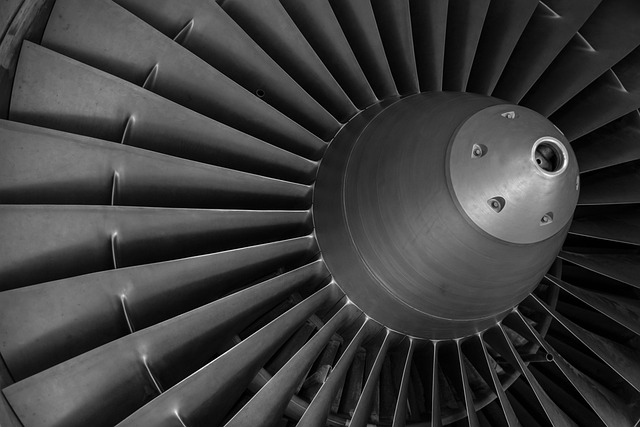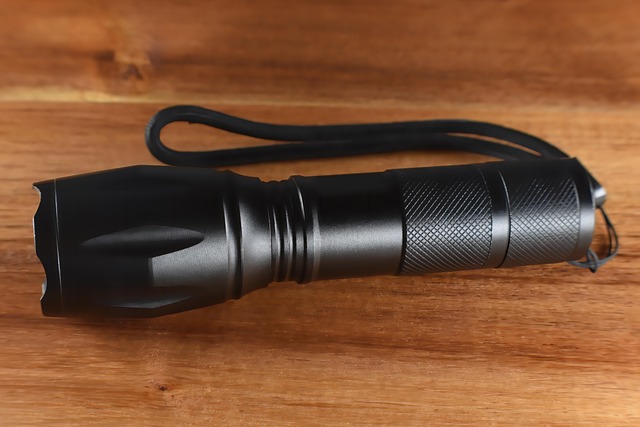Understanding Engine Maintenance
When it comes to your vehicle, the engine is the heart that keeps everything running smoothly. However, like any vital organ, it requires attention and care to function at its best. Regular maintenance is essential to ensure your engine remains reliable and performs efficiently throughout its life. This guide offers insights into the best practices for maintaining your engine, helping you avoid costly repairs and uncomfortable breakdowns.
The Importance of Regular Maintenance
Ignoring engine maintenance can lead to serious complications. Just like scheduling regular check-ups at the doctor, your vehicle needs routine inspections and tune-ups to stay in excellent health. These proactive measures can enhance performance, improve fuel efficiency, and extend the lifespan of your vehicle. Think of it as an investment in your peace of mind, knowing that your car is in tip-top shape.
Key Maintenance Tasks
- Oil Changes: Regular oil changes are one of the most crucial tasks for engine maintenance. Fresh oil lubricates moving parts, reduces friction, and keeps your engine clean by filtering out dirt and debris.
- Air Filter Replacement: A clean air filter ensures that the engine receives a proper air-fuel mixture. A clogged air filter can hinder performance and fuel economy.
- Coolant Checks: Keeping an eye on the coolant level prevents the engine from overheating. Regularly check hoses and radiator for leaks.
- Spark Plug Replacement: Spark plugs ignite the fuel-air mixture in the engine; worn or damaged plugs can lead to misfires and poor fuel efficiency.
Signs Your Engine Needs Attention
Being attuned to your vehicle’s needs can save you time and money. Look out for the following signs that your engine may require maintenance:
- Strange Noises: Unusual sounds such as knocking, grinding, or squealing can indicate issues that need addressing.
- Warning Lights: Pay attention to dashboard warning lights. If your check engine light comes on, it’s a signal to get your vehicle inspected.
- Decreased Performance: If you notice a drop in acceleration or power, it could be a sign of engine trouble.
The Benefits of Regular Engine Maintenance
Investing time and resources into regular engine maintenance pays off in multiple ways. Not only does it help in preventing major repairs down the line, but it also enhances fuel efficiency, saving you money at the pump. A well-maintained engine operates more smoothly, providing a better driving experience and prolonging the life of your vehicle.
Incorporating Routine Checks into Your Schedule
Scheduling regular check-ups might not be the most exhilarating task, but it’s one of the best ways to ensure the longevity of your engine. Create a maintenance schedule that includes oil changes, filter replacements, and inspections. Whether you do it yourself or bring your vehicle to a professional, staying consistent will give you confidence in your vehicle’s reliability.
Wrapping It Up
Maintaining your engine isn’t just about avoiding costly repairs; it’s about fostering a relationship of trust with your vehicle. By understanding the importance of regular maintenance and staying proactive, you’re not only extending the life of your engine but also enhancing your entire driving experience. So, roll up those sleeves and give your engine the love it deserves!




